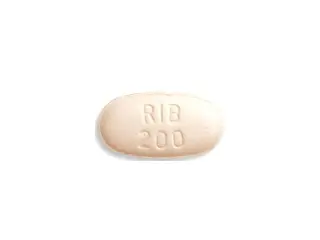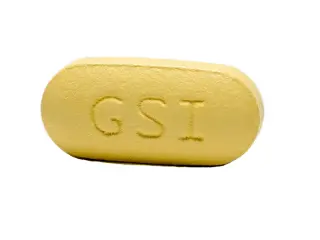Hepatitis C Virus (Hcv)
Explore a wide selection of effective Hepatitis C Virus (HCV) treatments and medications designed to support your health. Find trusted antiviral drugs and therapies at competitive prices, ensuring quality care for managing HCV. Shop now for fast, discreet delivery and reliable products to help you on your path to recovery.
Hepatitis C Virus (HCV) is a serious liver infection caused by the hepatitis C virus. It spreads mainly through blood-to-blood contact. If left untreated, it can lead to chronic liver disease, cirrhosis, or liver cancer. Treatment for HCV has improved greatly in recent years. Modern medications offer high cure rates with fewer side effects.
Copegus is a popular medication used for HCV treatment. It contains ribavirin, an antiviral that works by stopping the virus from multiplying. Copegus is often used in combination with other drugs. It helps enhance the effectiveness of therapy. Common side effects include fatigue, headache, and anemia. Patients should follow dosing instructions carefully to reduce risks.
Daklinza, or daclatasvir, is another key drug for treating HCV. It belongs to the class of direct-acting antivirals (DAAs). Daklinza blocks a protein that the virus needs to reproduce. It is often combined with sofosbuvir or other antiviral agents. Treatment with Daklinza usually lasts 12 to 24 weeks. It is well-tolerated with mild side effects like fatigue or nausea. Daklinza is effective against several HCV genotypes.
Harvoni is a combination pill containing ledipasvir and sofosbuvir. It is a leading choice for many patients. Harvoni stops the hepatitis C virus replication by targeting viral enzymes. Treatment with Harvoni is simple, usually lasting 8 to 12 weeks without the need for interferon injections. It has a high cure rate, often above 95%. Side effects are generally mild, including headache and tiredness. Harvoni is suitable for most HCV genotypes and patients with liver issues.
Sovaldi contains sofosbuvir and is widely used in HCV therapy. It inhibits the virus’s RNA polymerase, preventing replication. Sovaldi is often given with other antivirals like ribavirin or Daklinza. The treatment duration depends on the specific patient case. Side effects can include fatigue, headache, and nausea. Sovaldi has transformed HCV therapy with its high efficacy and better tolerance compared to older treatments.
Choosing the right medication depends on the HCV genotype, liver condition, and patient health. Doctors often recommend combination therapy for best results. These medicines have drastically reduced the need for interferon, which had more severe side effects. Modern treatments offer high cure rates in shorter times.
Patients should follow their healthcare provider’s advice strictly. Treatment success depends on adherence to the prescribed regimen. Regular monitoring of liver function and viral load is required during therapy. Early treatment is important to prevent liver damage and other complications. These medications have changed the outlook for people with hepatitis C.
Overall, the available drugs—Copegus, Daklinza, Harvoni, and Sovaldi—represent effective options for clearing HCV infection. They have different roles and mechanisms but work well together for many patients. Side effects are manageable and far less severe than with older therapies. This makes it easier for patients to complete their treatment and achieve a cure.
Staying informed about the latest treatments is crucial for both patients and healthcare providers. The progress in HCV medication provides hope for eliminating the virus worldwide. If diagnosed with hepatitis C, seeking medical advice promptly can lead to highly successful treatment outcomes. Proper use of these medications can save lives and improve quality of life.



